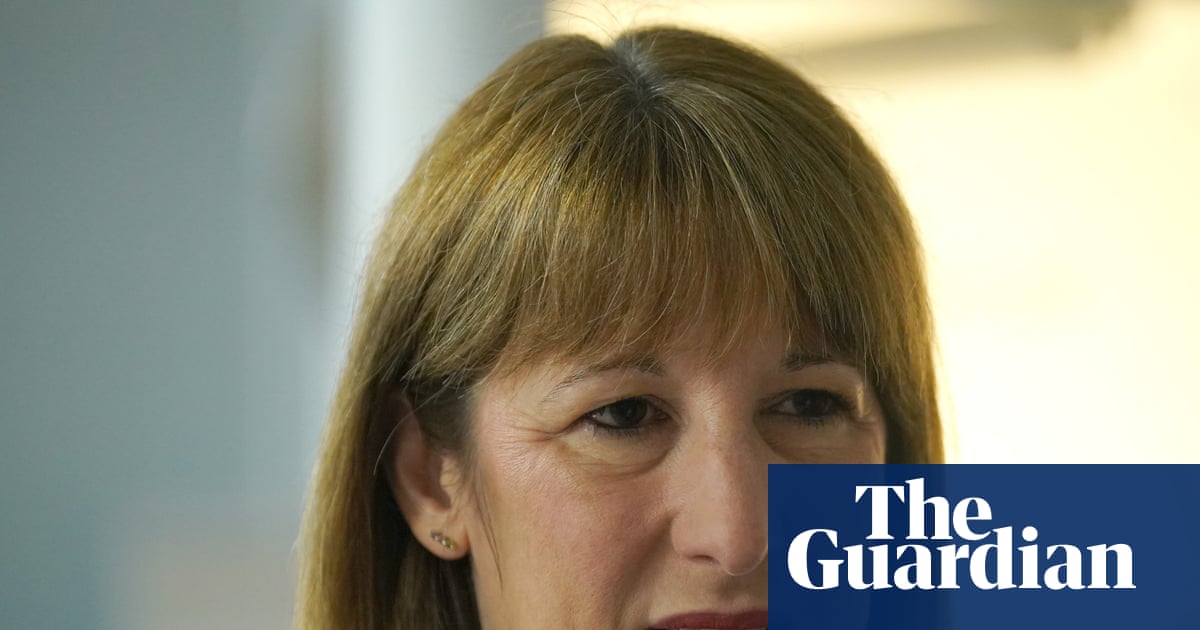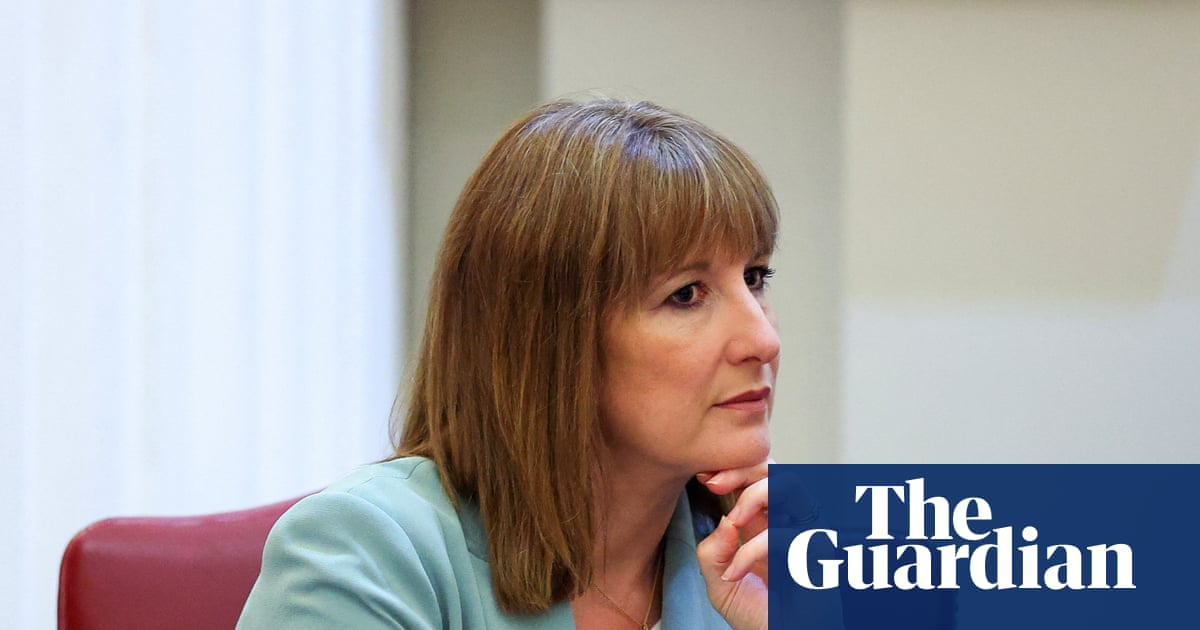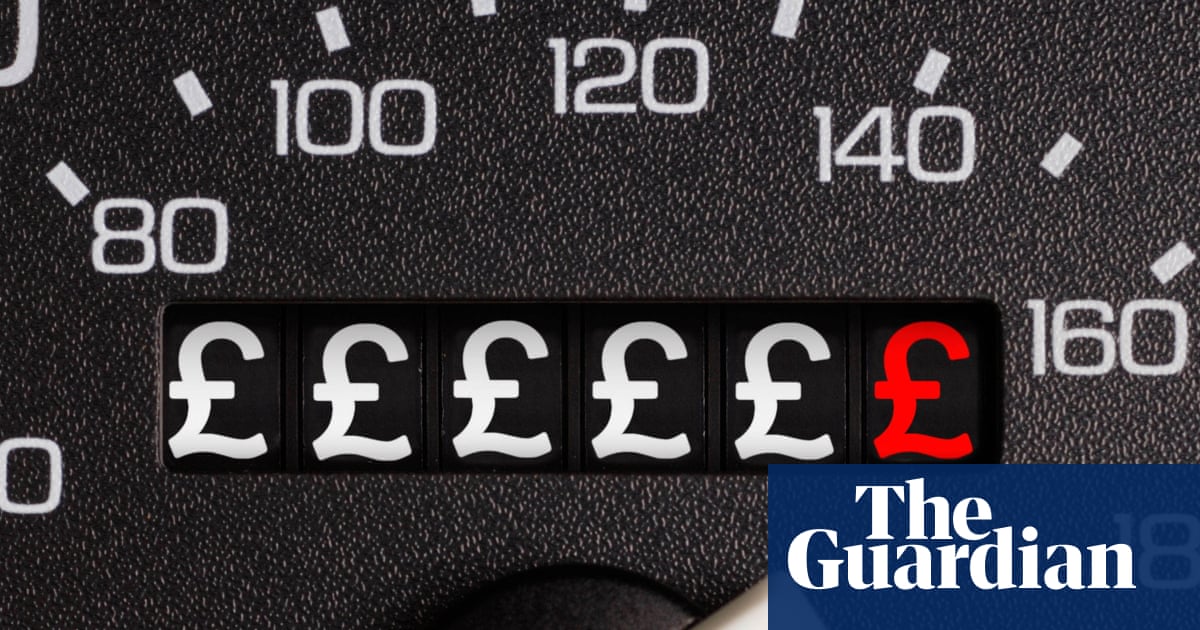T4K3.news
Chancellor faces backlash over car finance case intervention
Rachel Reeves’ actions are criticized for prioritizing lenders over consumer rights in a recent court ruling.

Bobby Dean condemns the chancellor's actions as harmful to consumer trust.
Chancellor’s intervention in car finance case faces sharp criticism
Bobby Dean, a member of the Treasury committee, criticized Chancellor Rachel Reeves for her attempts to intervene in the recent supreme court case regarding the car finance scandal. Reeves' actions, which sought to protect lenders from a substantial compensation bill, were labeled as "unprecedented and disgraceful". The supreme court's recent ruling favored finance companies, sparing them a potential £44 billion in claims from affected borrowers. Dean expressed concern about the government's readiness to defend banks over consumers, arguing it sends a damaging message. This incident followed heavy lobbying by the car loan industry, fearing a severe financial hit if the court upheld a previous ruling that deemed undisclosed commission payments unjust. Industry advocates stated that while the government prioritizes the car finance sector, it could potentially jeopardize consumer protections. The Financial Conduct Authority is now looking into implementing a compensation scheme in light of the ruling, with implications for both firms and consumers.
Key Takeaways
"I thought it was pretty unprecedented and pretty disgraceful."
Bobby Dean critiques the Chancellor's intervention in the car finance case.
"What message does it send to consumers that the industry can do wrong?"
Dean expresses concern for consumer perception of government actions.
"Ultimately, this industry enables millions of people to get to work."
Adrian Dally defends the car finance industry's importance to consumers.
"The best industry is one where redress systems are not needed in the first place."
Dean emphasizes the need for fair practices in the finance sector.
The government's intervention in the car finance scandal raises critical questions about its commitment to consumer protection versus industry favoritism. Bobby Dean's remarks highlight a growing tension between maintaining a robust financial sector and ensuring that consumers are treated fairly. The chancellor's actions appear to prioritize the stability of lenders, potentially undermining public trust in the government's ability to uphold justice for consumers. If the government continues to align itself so closely with financial institutions, it risks establishing a precedent that could deter future efforts to hold companies accountable for their actions. This situation underlines the delicate balance required in financial oversight, especially in environments where consumer rights are at stake.
Highlights
- Defending banks over consumers sends a really bad message.
- Government intervention sets a concerning precedent for consumer rights.
- It's unsettling when the government backs wrongdoers instead of customers.
- Consumer redress is vital for maintaining trust in financial institutions.
Government intervention raises concerns about consumer protection
Chancellor’s actions may undermine consumer trust and set a dangerous precedent for government involvement in financial disputes. Stakeholders fear a prioritization of industry interests over consumer rights.
Ongoing developments in this case will determine the future of consumer protections in finance.
Enjoyed this? Let your friends know!
Related News

Rachel Reeves considers intervention in car finance ruling

Ruling limits car finance payouts for lenders

Supreme Court rules against car finance compensation claims

Chancellor considering action against motor finance ruling

Supreme Court ruling restricts car loan compensation

UK supreme court to rule on hidden commissions in car finance

Supreme Court rules against car finance motorists

Parents abandon son at airport to travel
